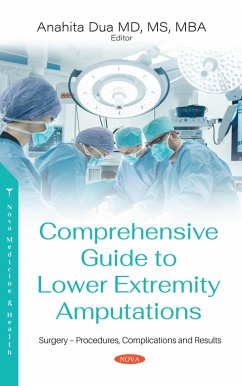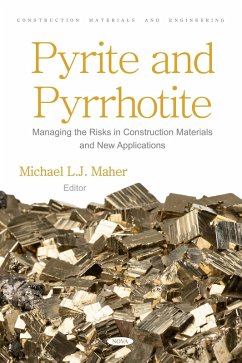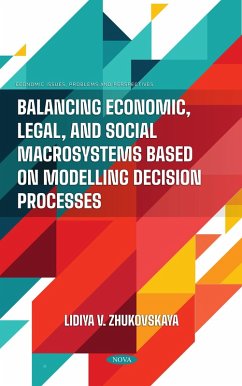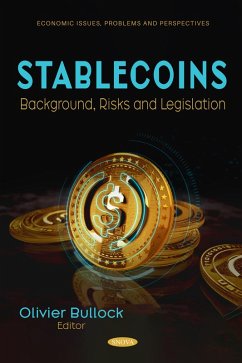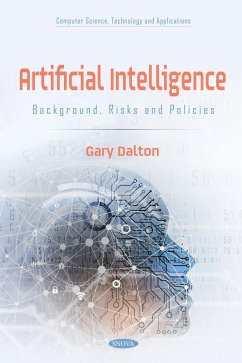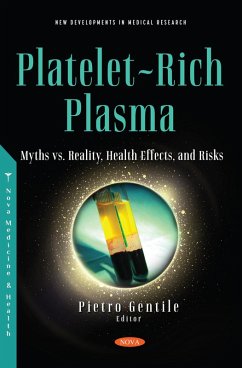
Security Risks to American Innovation: The Balancing Game (eBook, PDF)

PAYBACK Punkte
58 °P sammeln!
Openness is one of the most important tenets of scientific research. Broad dissemination of results and data and the free exchange of ideas help facilitate wider evaluation and confirmation of results and spark new collaborations and avenues of inquiry. While there are domains in which openness in science can be detrimental to national competitiveness or security, fundamental research has been generally exempted from security restrictions since President Reagan's National Security Decision Directive in 1985. The directive does not claim that the open sharing of fundamental research is without ...
Openness is one of the most important tenets of scientific research. Broad dissemination of results and data and the free exchange of ideas help facilitate wider evaluation and confirmation of results and spark new collaborations and avenues of inquiry. While there are domains in which openness in science can be detrimental to national competitiveness or security, fundamental research has been generally exempted from security restrictions since President Reagan's National Security Decision Directive in 1985. The directive does not claim that the open sharing of fundamental research is without risk. Rather, it asserts that openness in research is so important to competitiveness and security that it warrants the risk that adversaries may benefit from scientific openness as well. This book explores the risks to research integrity and security posed by undue foreign influence in the U.S. research enterprise. It examines the ongoing efforts at universities and federal science agencies to address these risks and the need for additional clarity regarding the scale and scope of the risks and best practices for securing federally funded fundamental research. Also, discussed are the risks of overcorrection, including the impact on researchers, institutions, and the competitiveness of the U.S. research enterprise.
Dieser Download kann aus rechtlichen Gründen nur mit Rechnungsadresse in A, B, BG, CY, CZ, D, DK, EW, E, FIN, F, GR, HR, H, IRL, I, LT, L, LR, M, NL, PL, P, R, S, SLO, SK ausgeliefert werden.




